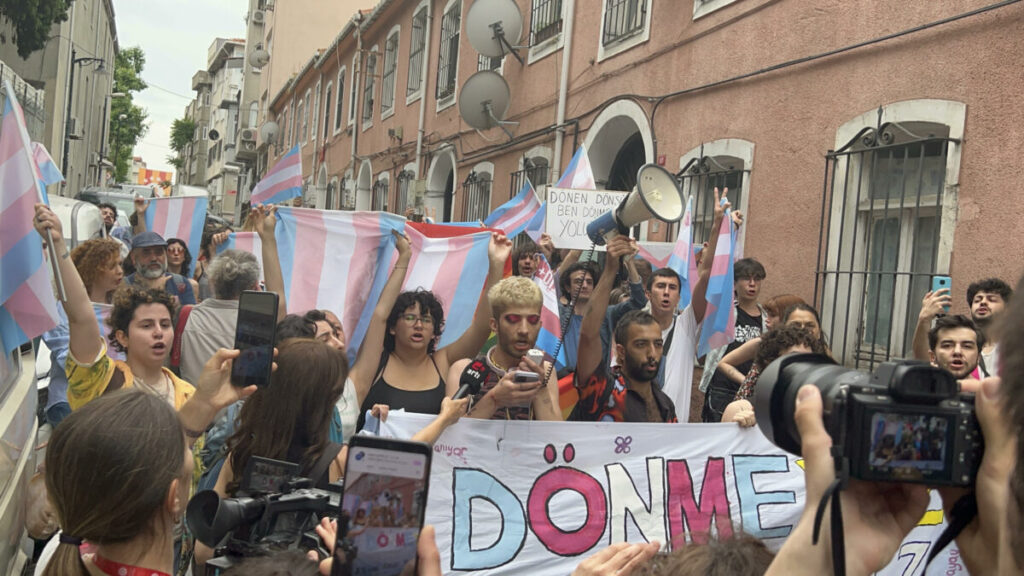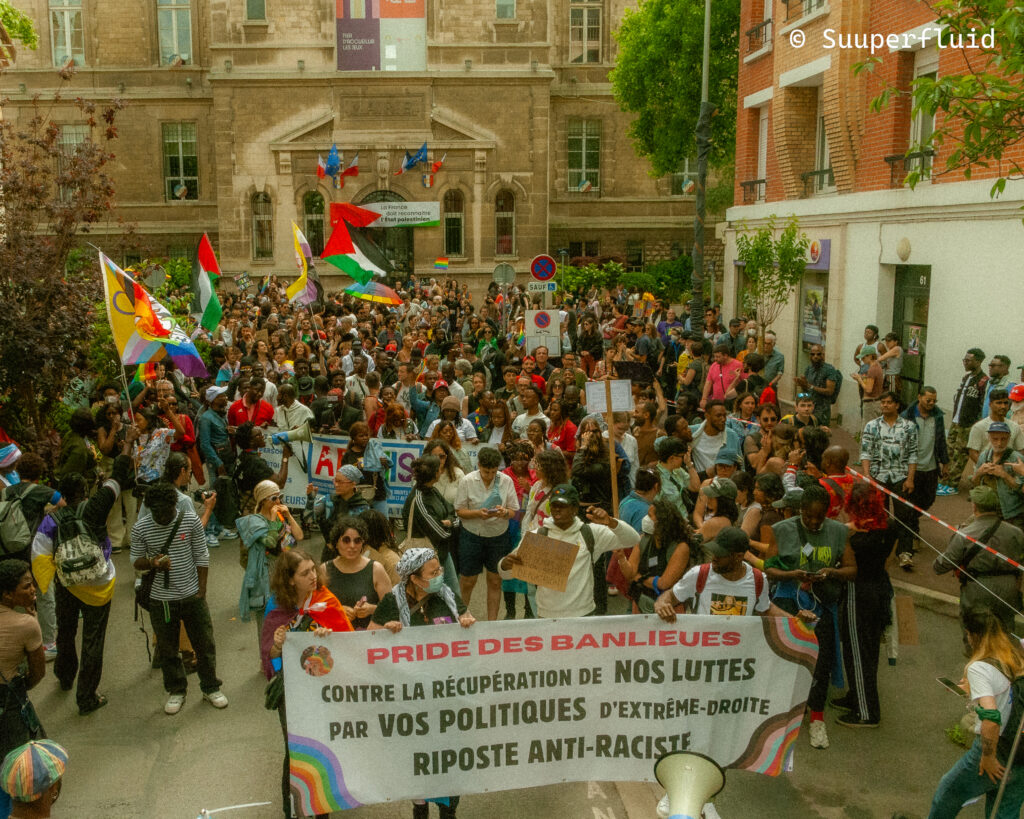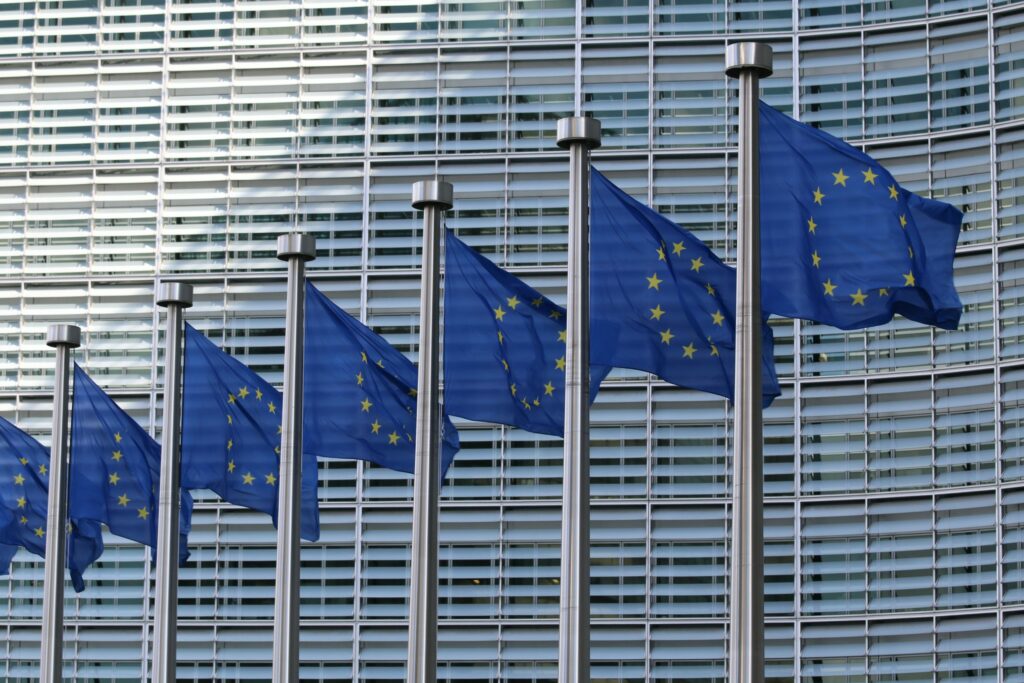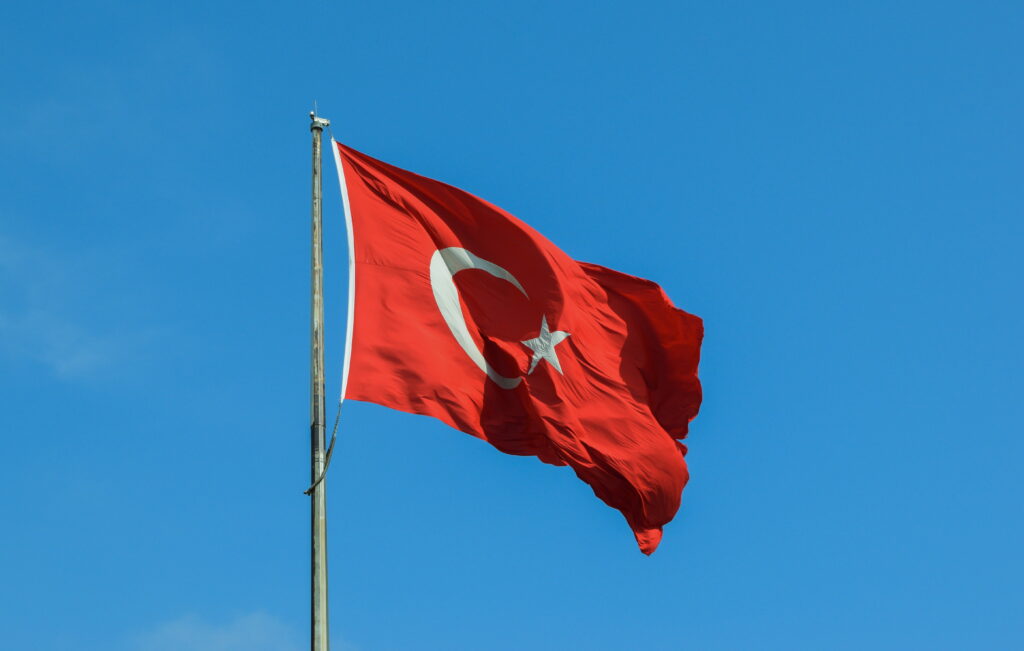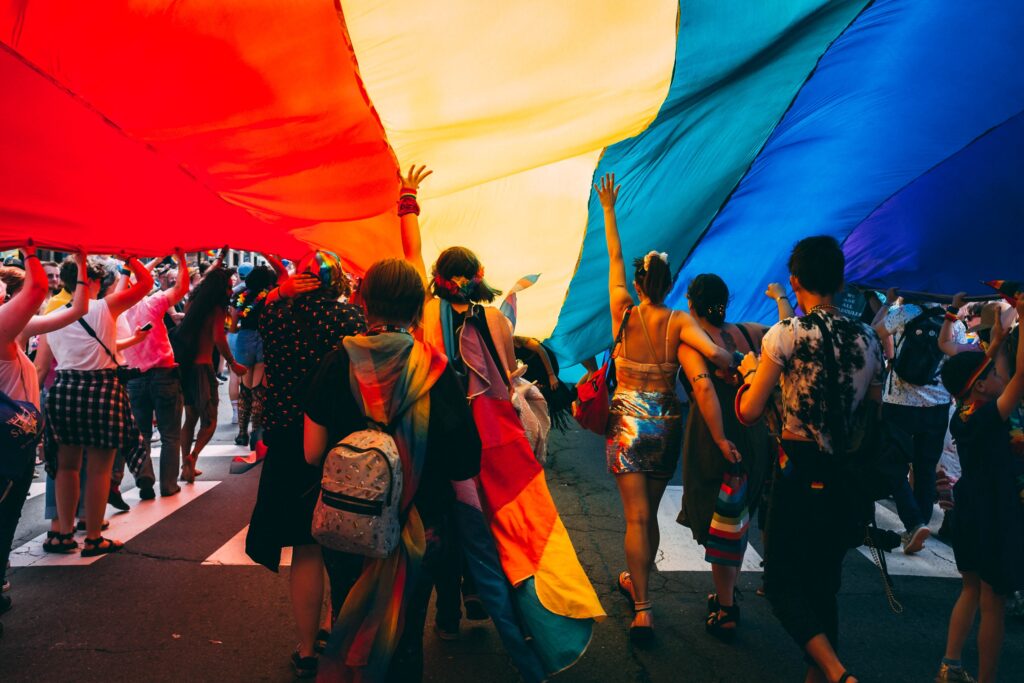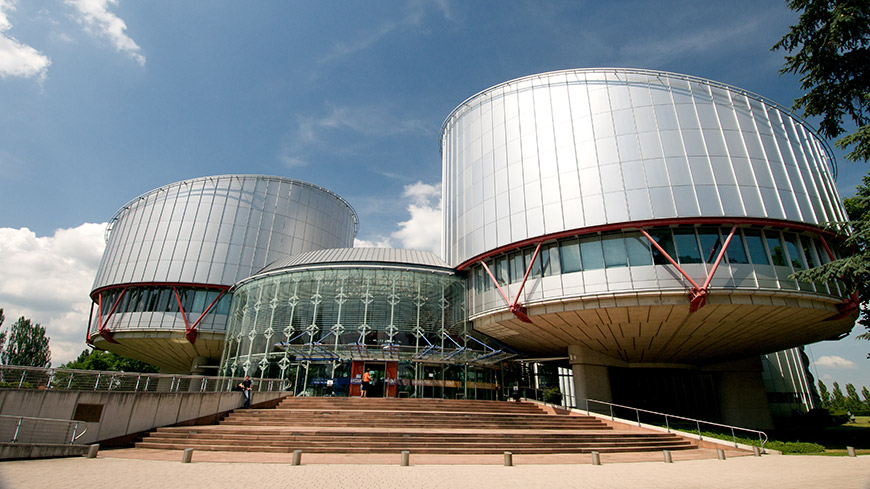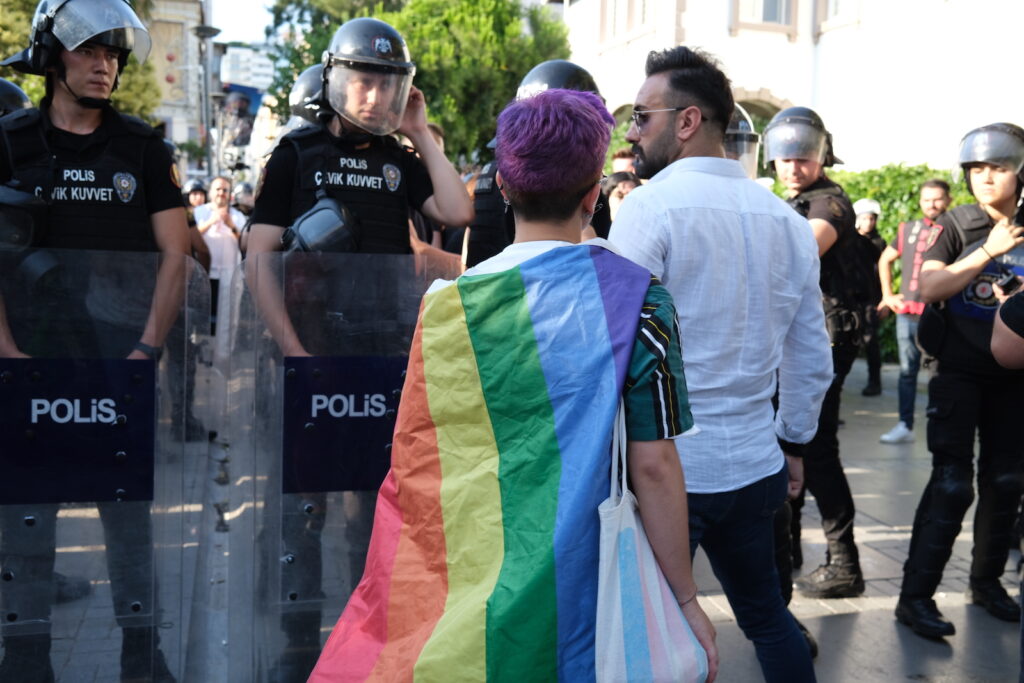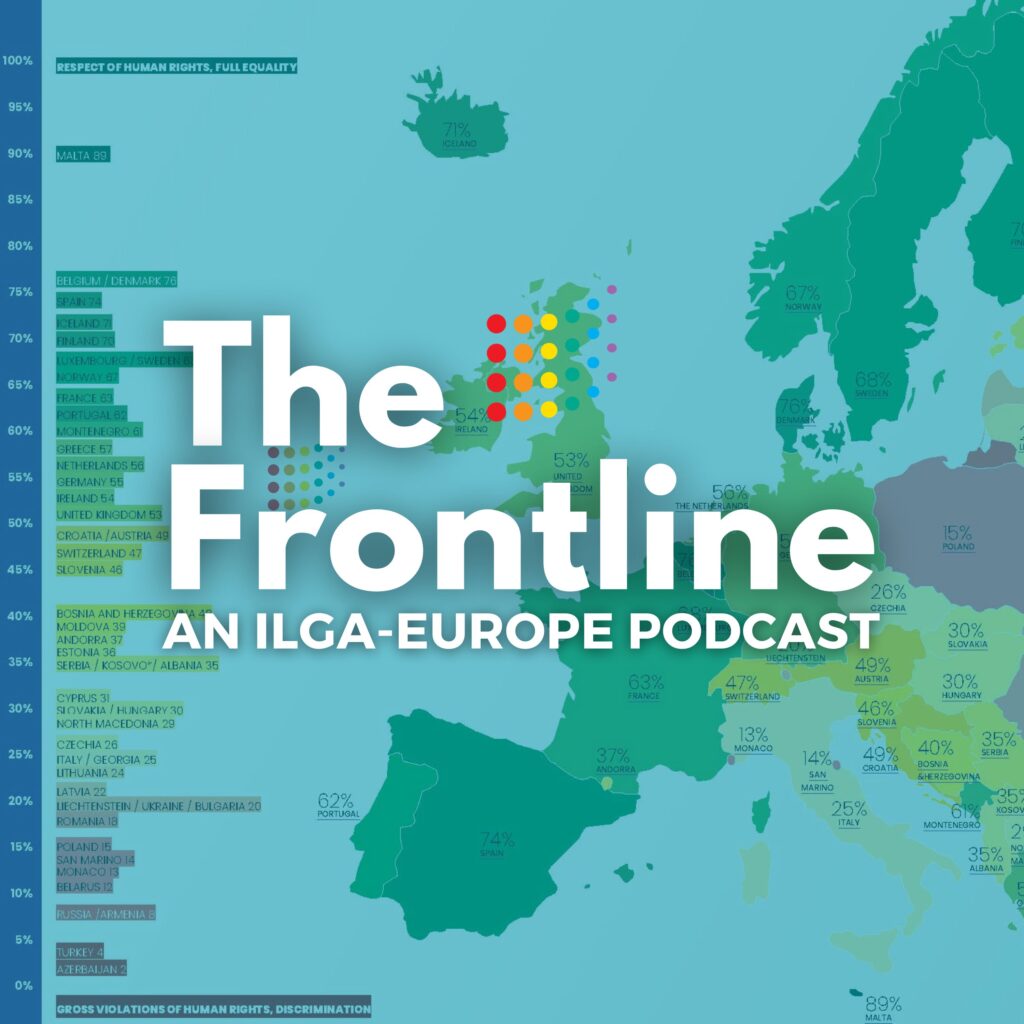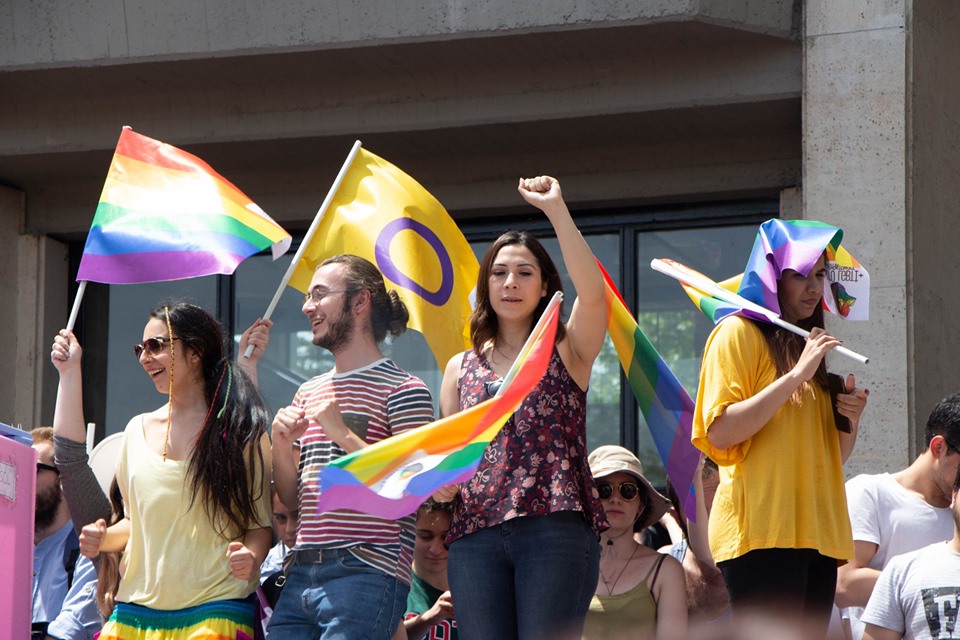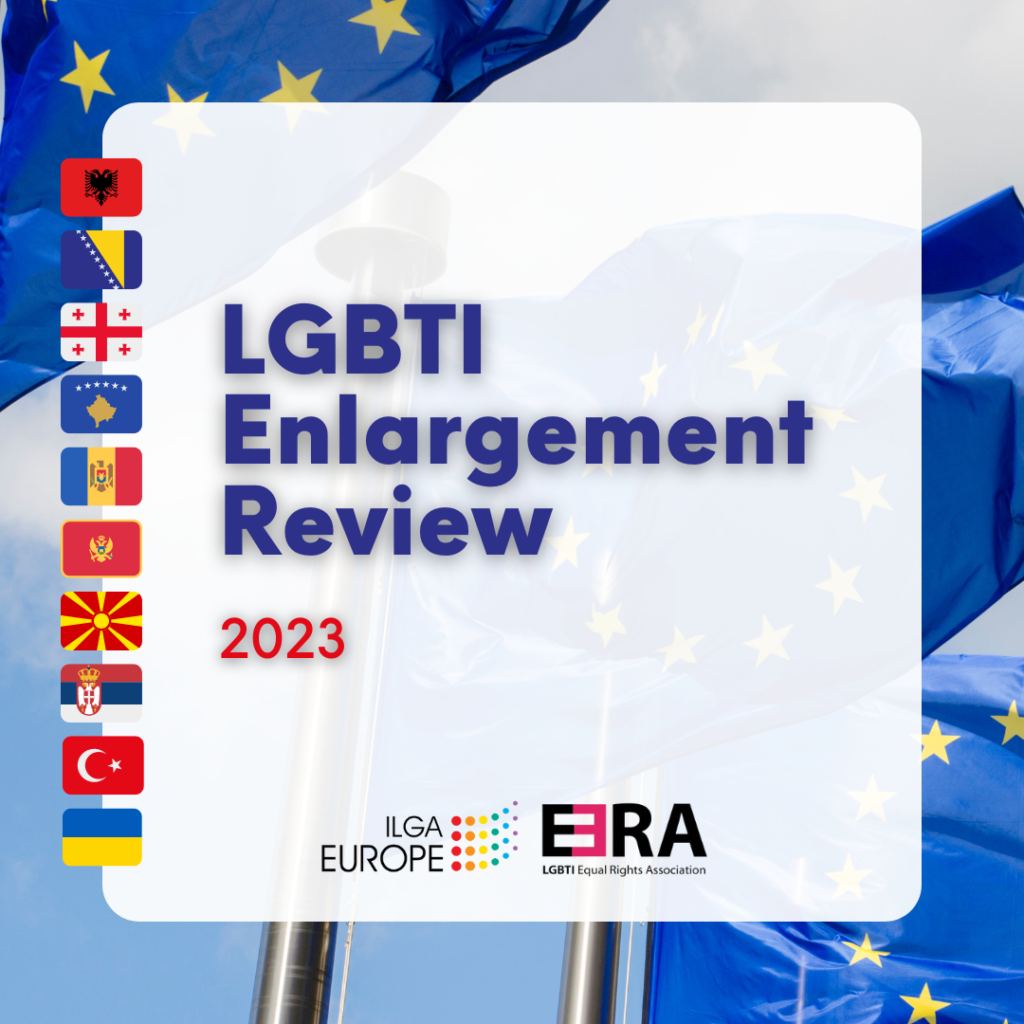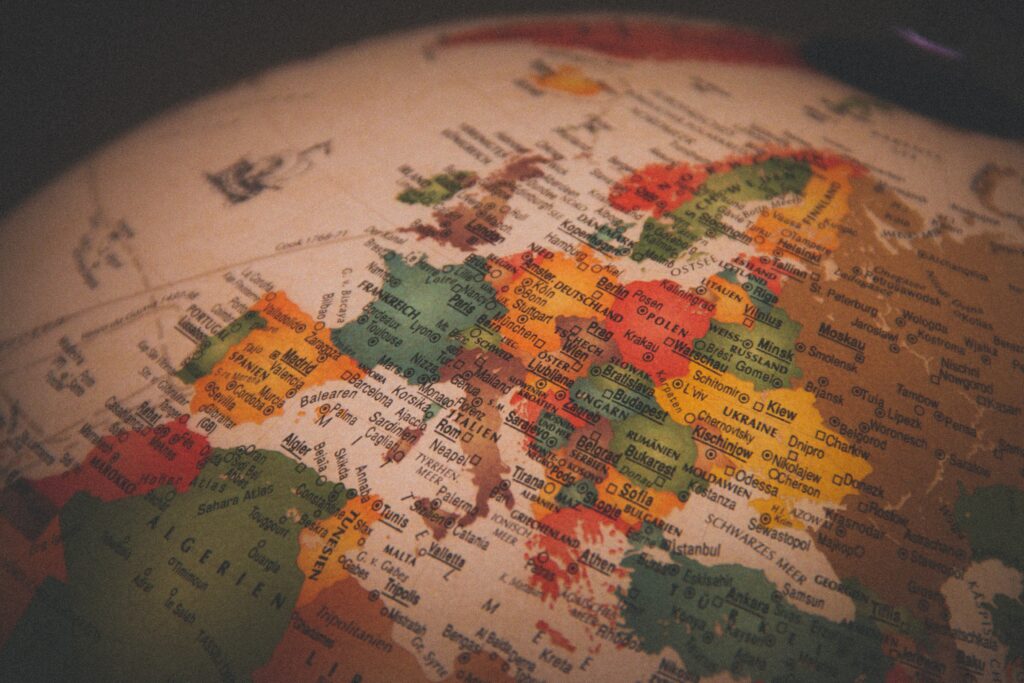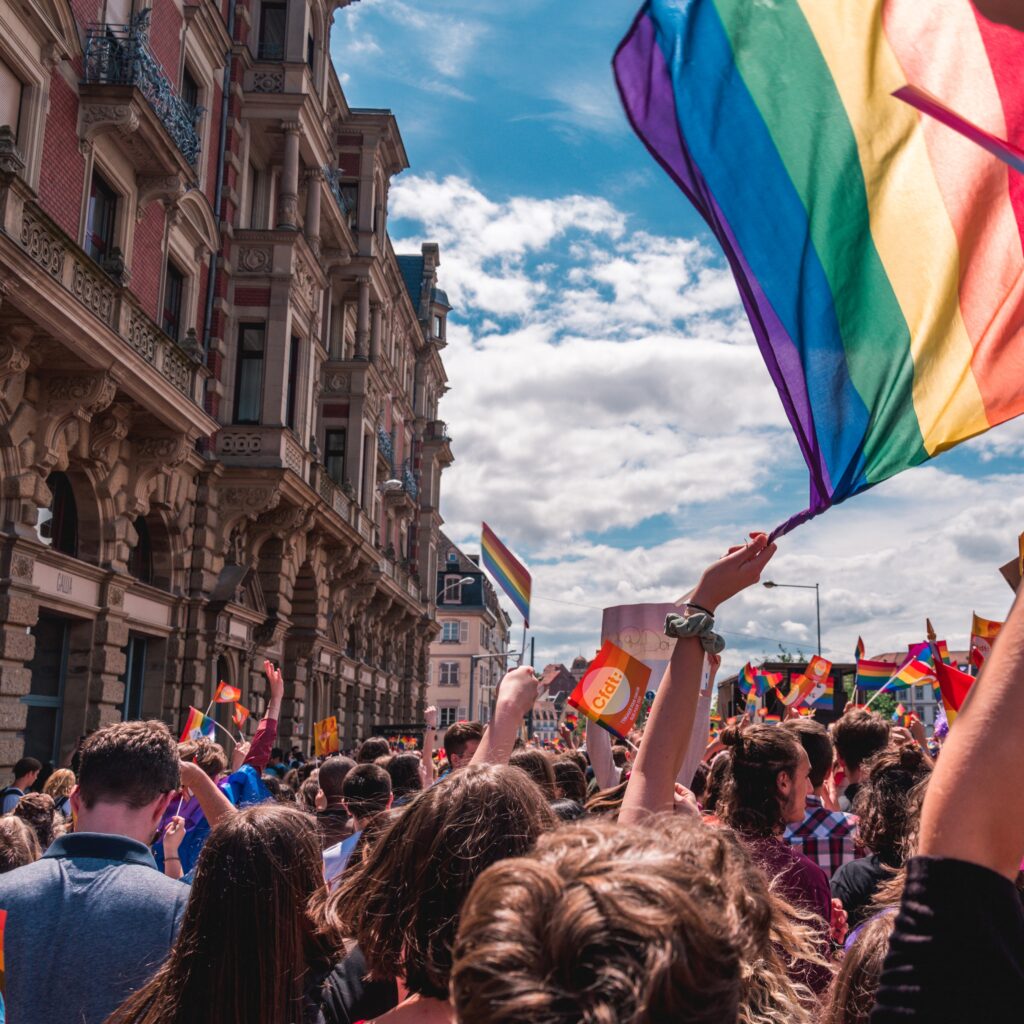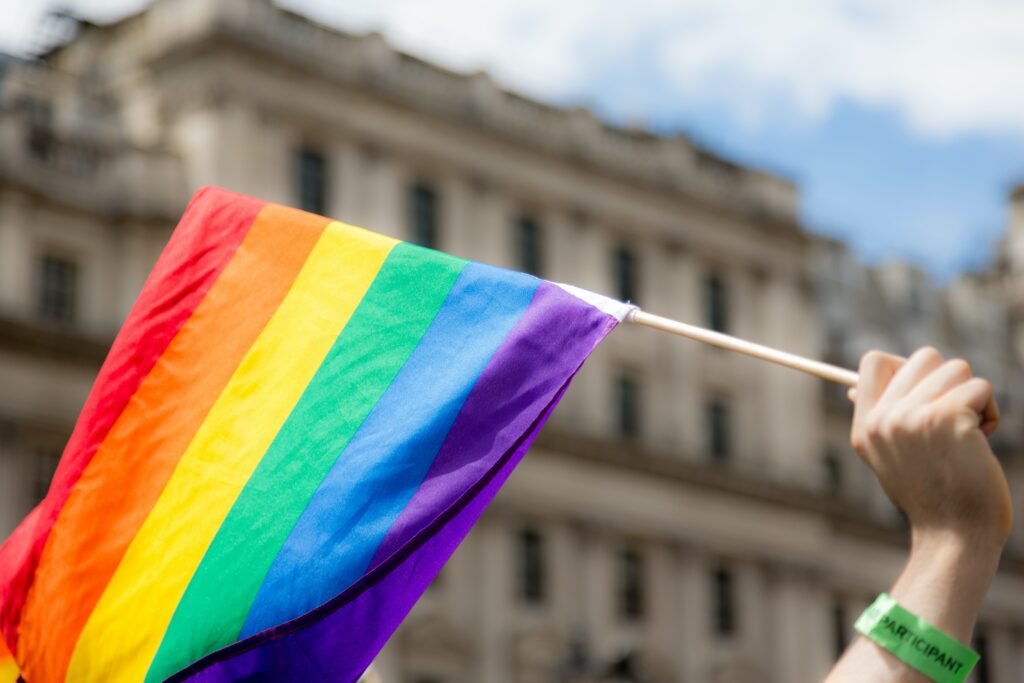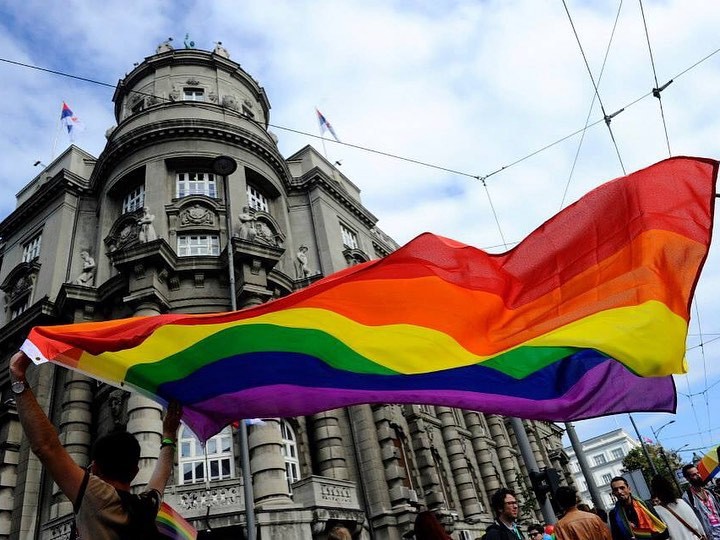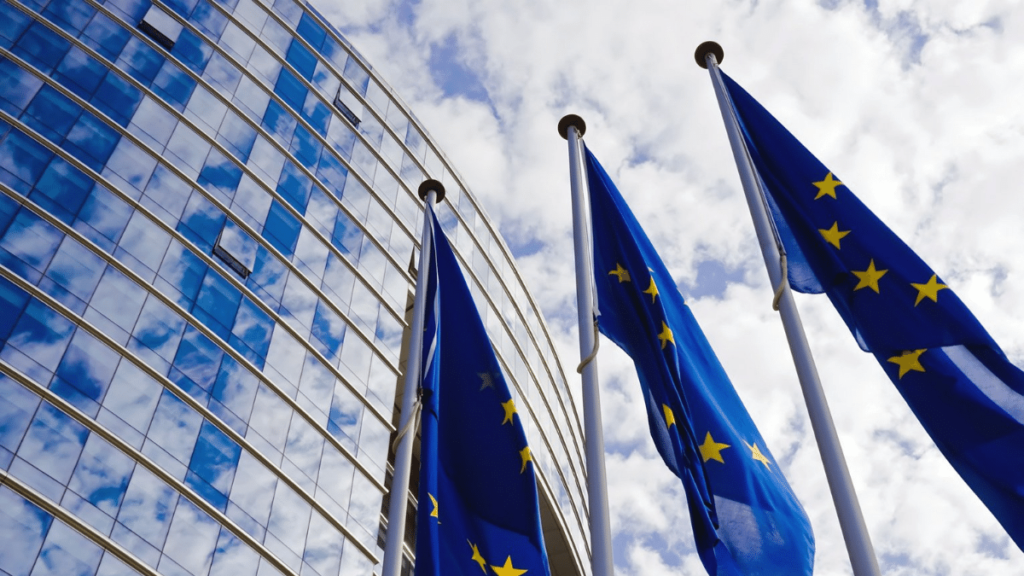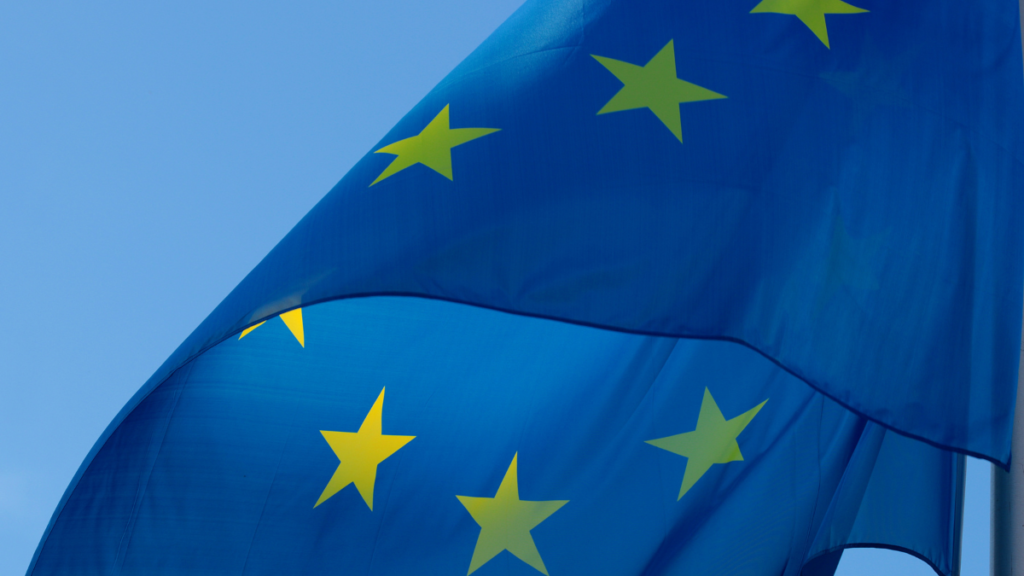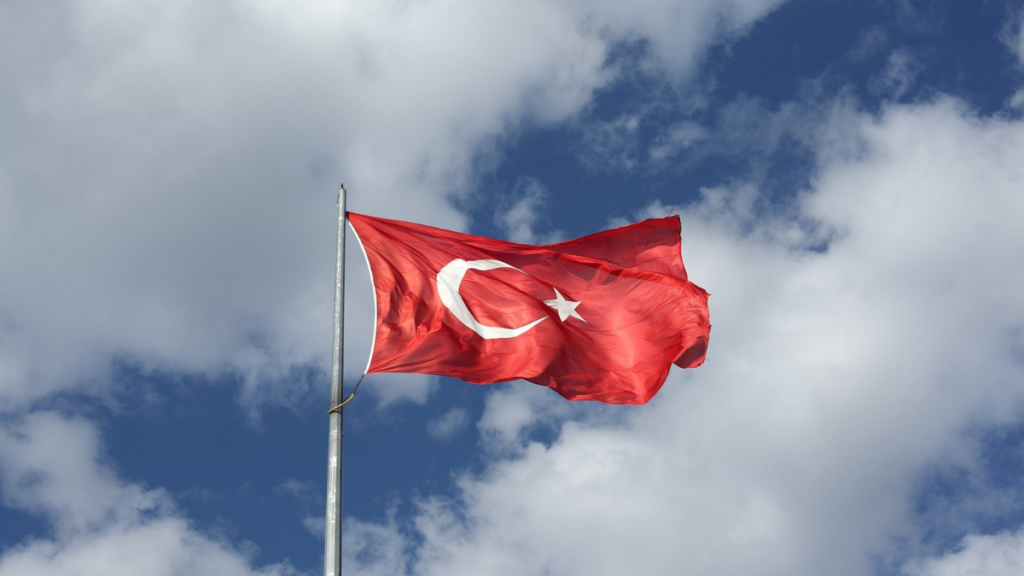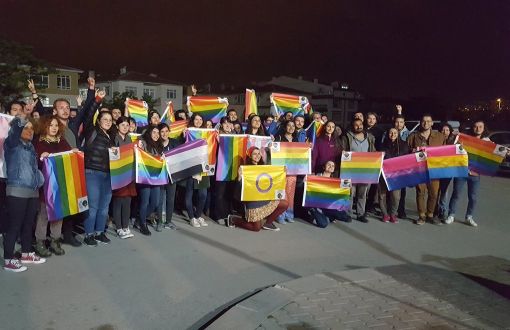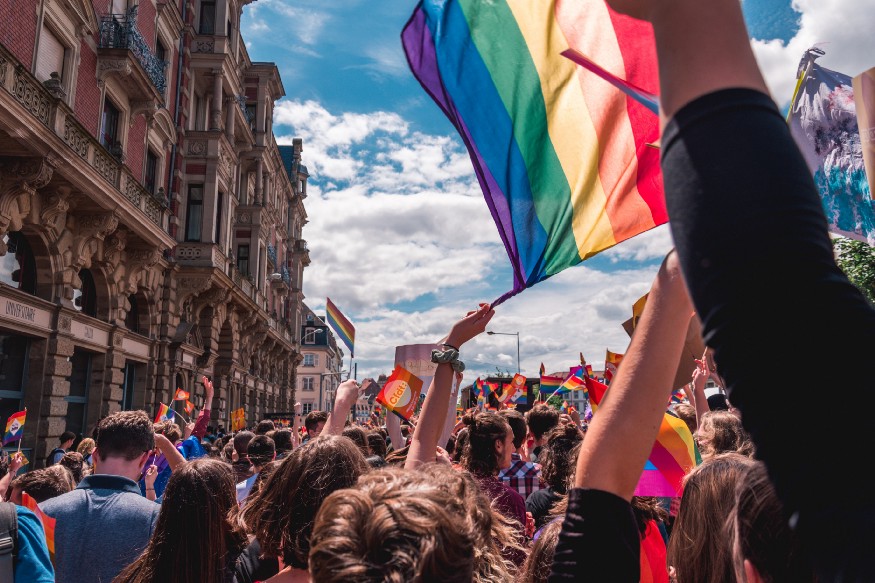How attacks on Pride are jeopardising Turkey’s hopes for accession to the EU
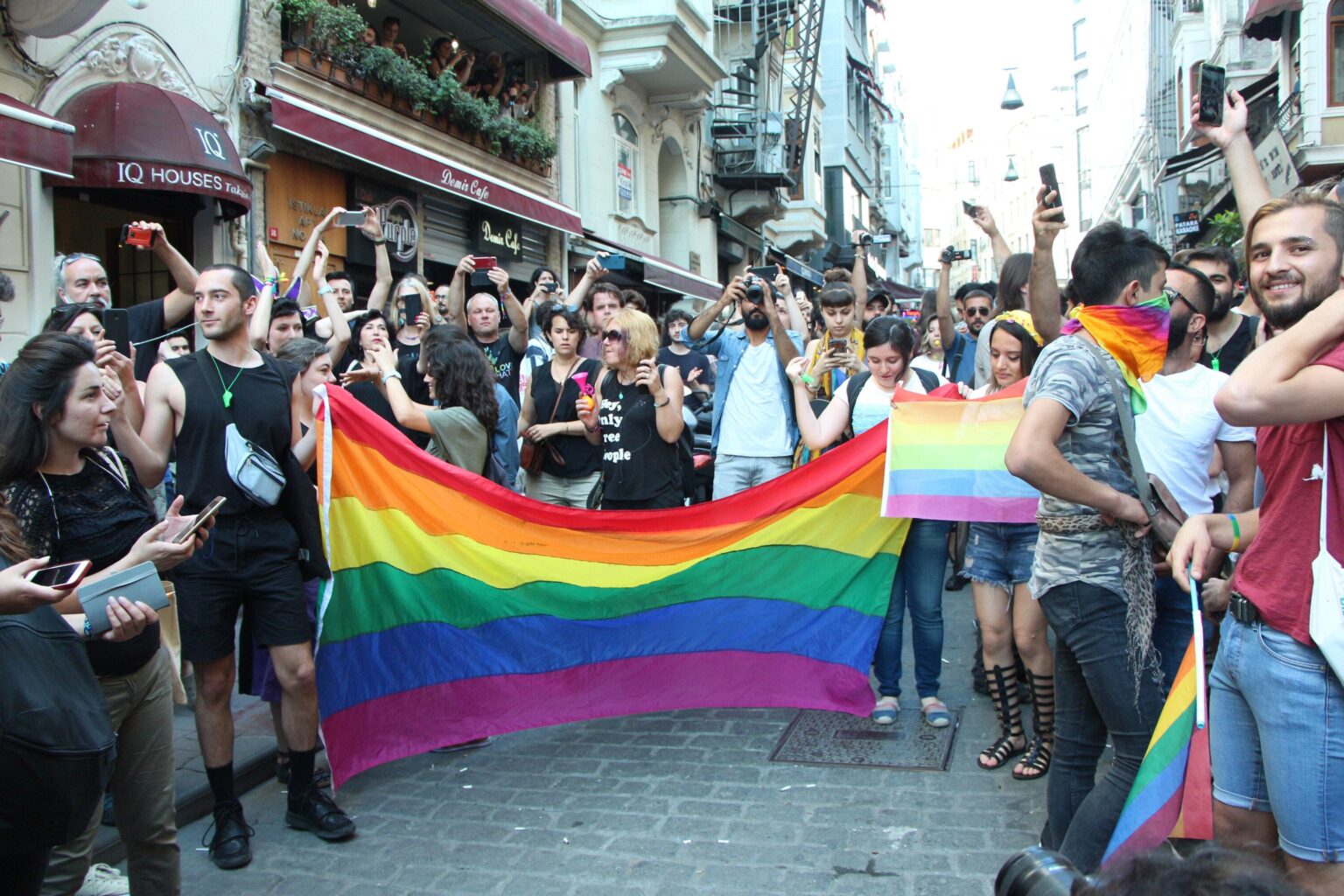
After the detention of 241 individuals at 11 Pride events this summer, the Turkish government must understand that respecting the rule of law and fundamental rights, including those of LGBTI people, is a precondition for becoming an EU member state.
EU accession has once again taken centre stage on Turkey’s political agenda. Since his re-election in May 2023, President Erdoğan has reignited EU accession conversations, stagnant for several years. However, amid this renewed pursuit, the attacks on Pride events and potential regressive changes to the constitution underscore the precarious state of human rights in Turkey. Upholding the fundamental rights of all, including LGBTI people, and ensuring the rule of law remain the cornerstones of the EU. Any future discussions regarding closer ties with the EU must hinge on Turkey’s unwavering commitment to safeguarding these principles.
Erdoğan’s crackdown on Pride
Following the presidential election, marred by a high volume of anti-LGBTI statements, the Pride season in Turkey bore witness to both immense courage and hatered stoked by the state. A record number of Pride events were planned this year, and while some took place without obstruction, many encountered police repression and bans.
Authorities violently interrupted 11 LGBTI-themed events and Pride marches, leading to the detention of 241 people, including four children, seven lawyers, five foreigners, journalists, and activists. Particularly shocking was the case of Iranian LGBTI+ activist Elyas Torabibaeskendari, held in a detention centre despite his international protection status and at risk of deportation to his home country, where he could face a death sentence.
Portuguese national Miguel Alvaro, who was on holiday in Turkey during the event, alleges that he was assaulted by police officers due to his assumed appearance as gay, leading to his 20-day detention without explanation. Protestors also reported incidents of reverse handcuffing, manhandling, and prolonged confinement in vehicles without proper ventilation.
According to human rights activists, the use of torture and ill-treatment by the police was more widespread compared to previous years. It is crucial to remember that the excessive use of force by the police violates the right to peaceful assembly, protected under both domestic law and international treaties, such as the European Convention on Human Rights, to which Turkey is a signatory. Despite the pressure, LGBTI activists displayed resilience, with many Pride events going ahead peacefully, exemplifying the strength and determination of the LGBTI movement in Turkey.
Constitutional amendments: A stride backwards in LGBTI equality
Earlier this year, the Turkish Parliament expanded the threat to LGBTI citizen’s rights. Among various draft amendments to the Constitution, one stood out as direct discrimination against LGBTI people. Under the guise of protecting the institution of the family “against the impositions of pervert movements,” the legislature sought to redefine marriage as “the union of a man and a woman,” essentially eliminating the possibility of introducing same-sex marriage in the country. While the proposal was eventually withdrawn in the aftermath of Turkey’s devastating earthquake and later elections, this amendment, incompatible with the principle of non-discrimination enshrined in the EU treaties and the Charter of Fundamental Rights, is anticipated to re-emerge in the upcoming legislative term.
LGBTI people’s rights are at the core of the EU
Amidst the curtailment of LGBTI freedoms and deeply concerning legislative proposals, the journey to Turkey’s EU accession demands a resolute commitment from all sides to protect the fundamental rights of LGBTI people. LGBTI people’s rights are not negotiable and Turkey’s road to becoming a member of the EU must be based on the Union’s founding values.



